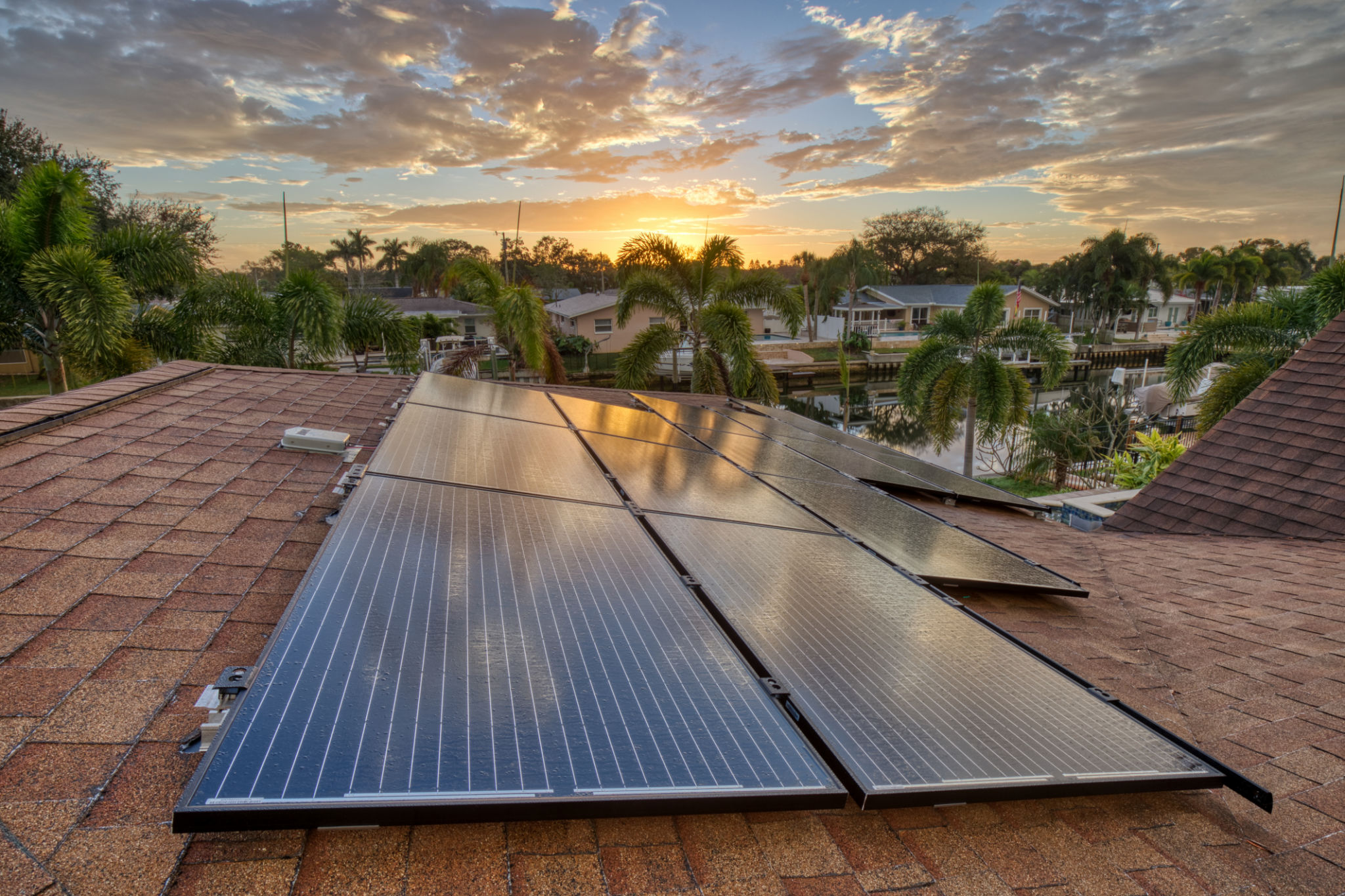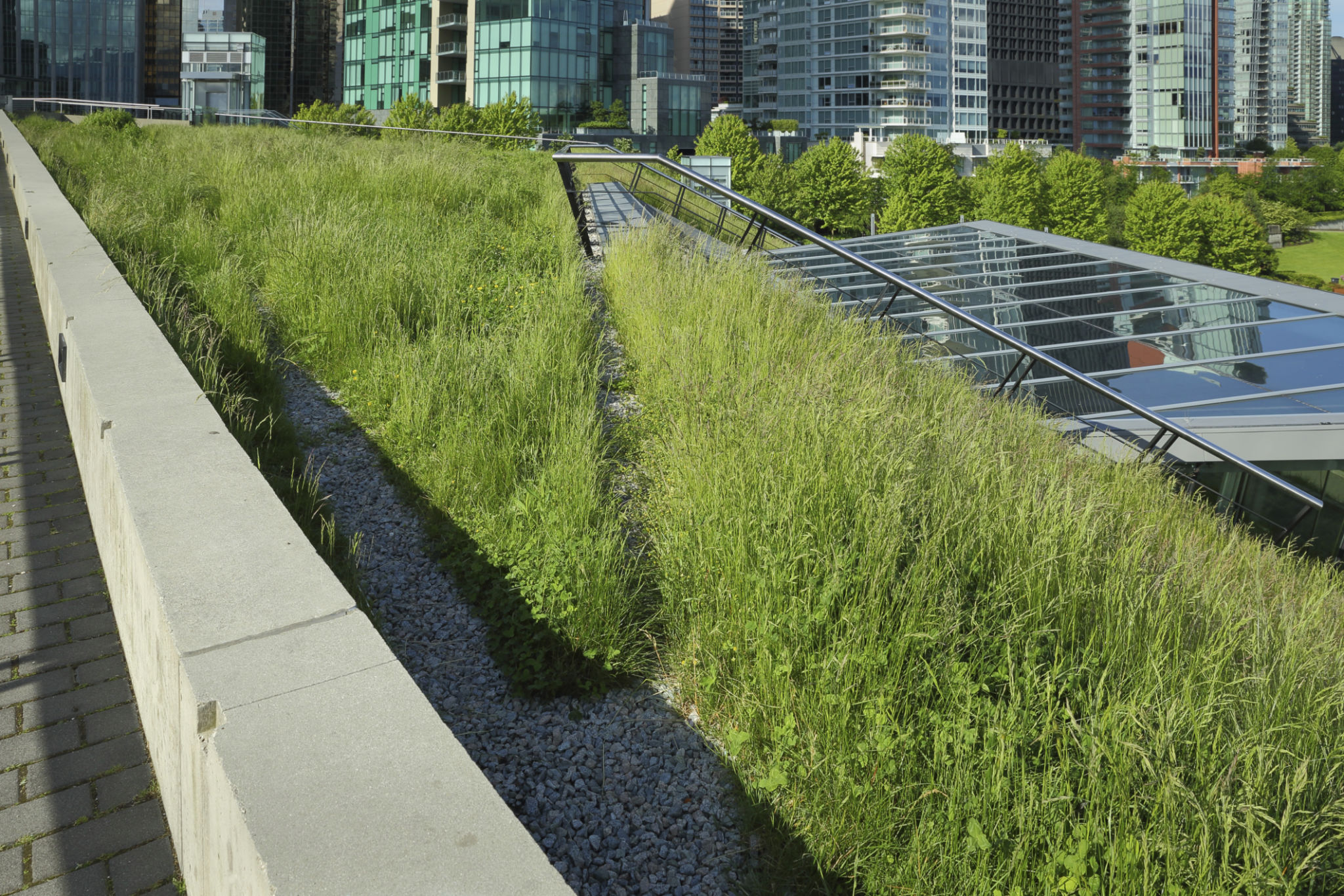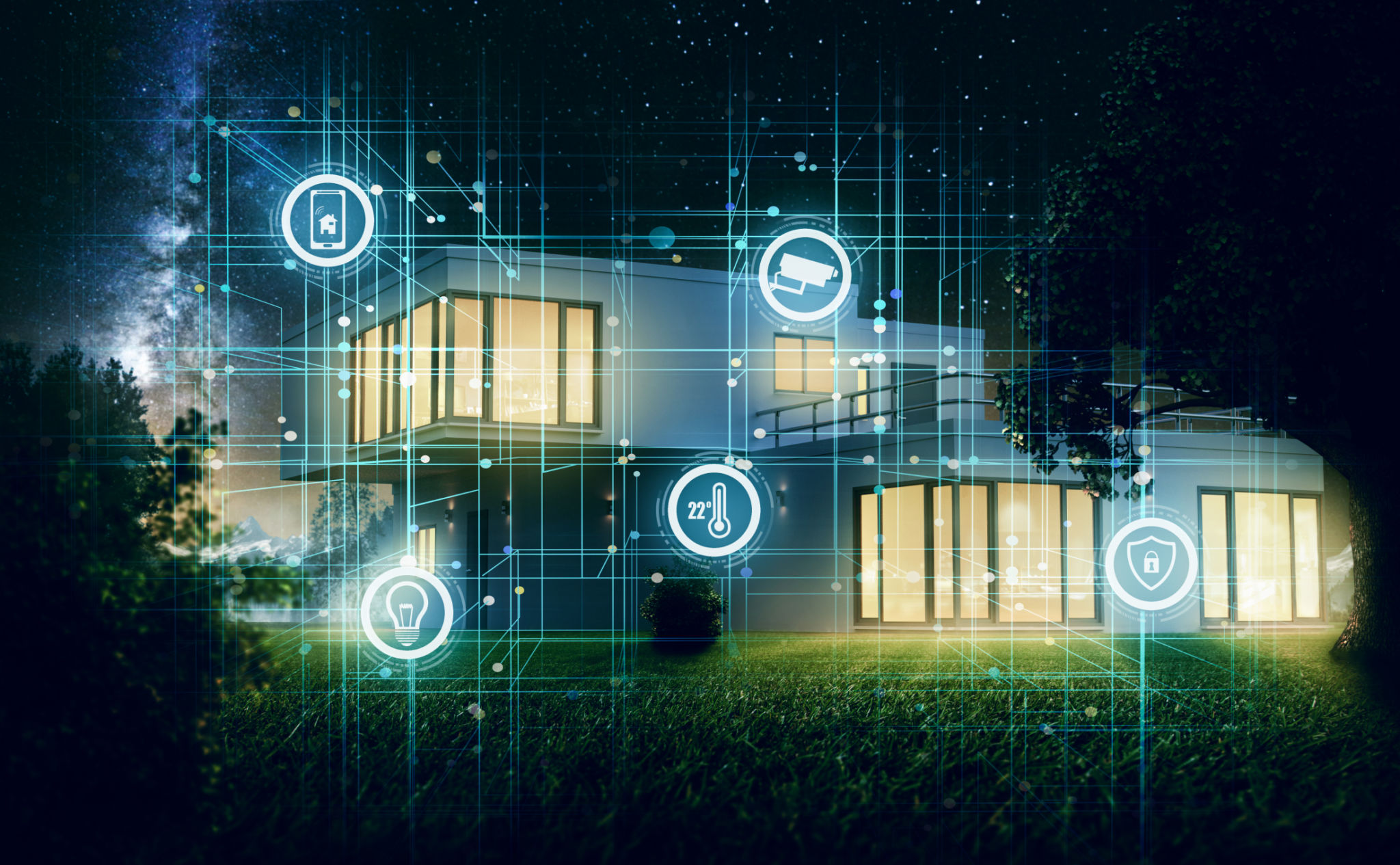The Future of Real Estate: Trends in Eco-Friendly Housing in Florida
The Rise of Eco-Friendly Housing in Florida
As the world becomes increasingly aware of environmental issues, the real estate industry in Florida is witnessing a notable shift towards sustainable and eco-friendly housing. With its unique climate challenges, Florida is at the forefront of adopting green building practices to ensure homes are not only environmentally conscious but also resilient against extreme weather conditions. This trend is not just a passing phase; it represents a fundamental change in how homes are designed, built, and lived in.
One of the key drivers of this movement is the growing demand from homebuyers who are more environmentally conscious than ever. They are looking for homes that reduce carbon footprints and offer energy efficiency, which in turn leads to lower utility bills. These eco-friendly homes often incorporate solar panels, energy-efficient appliances, and sustainable building materials.

Innovations in Sustainable Building Materials
Florida builders are increasingly utilizing innovative materials that are both sustainable and durable. For instance, recycled steel and bamboo are being used as alternatives to traditional wood and concrete. These materials not only reduce the environmental impact of construction but also offer enhanced durability against Florida’s humid climate and hurricane-prone regions.
Additionally, green roofing solutions such as living roofs and cool roofs are gaining popularity. Living roofs can reduce heat absorption, decrease stormwater runoff, and provide insulation, while cool roofs are designed to reflect more sunlight and absorb less heat. Both options contribute significantly to a home's energy efficiency.

Smart Home Technology Integration
Eco-friendly homes in Florida are increasingly integrating smart technology to enhance energy efficiency. Home automation systems allow homeowners to monitor and control energy usage remotely. Smart thermostats, lighting systems, and appliances can be programmed to operate only when needed, reducing unnecessary energy consumption.
This technology not only contributes to sustainability but also enhances convenience and security for homeowners. The ability to monitor water usage, detect leaks, and optimize heating and cooling systems ensures that homes remain efficient and cost-effective.

Water Conservation Efforts
Water conservation is another crucial aspect of eco-friendly housing in Florida. Homes are being equipped with water-saving technologies such as low-flow fixtures, rainwater harvesting systems, and drought-tolerant landscaping. These measures help reduce water consumption and promote sustainable water management practices.
The use of native plants in landscaping, often referred to as xeriscaping, further supports water conservation efforts. This approach not only saves water but also reduces maintenance needs and enhances the aesthetic appeal of properties.
The Role of Government Incentives
The shift towards eco-friendly housing is being supported by various government incentives aimed at promoting sustainable living. Florida offers tax credits, rebates, and grants for homeowners and builders who incorporate green building practices. These incentives are designed to offset the initial costs associated with implementing eco-friendly features.
Such financial support encourages more developers to adopt sustainable practices, contributing to a broader transformation within the housing market. It also makes eco-friendly homes more accessible to a wider range of buyers.

The Future Outlook
Looking ahead, the future of real estate in Florida appears increasingly green. As technology advances and environmental awareness grows, eco-friendly housing will continue to evolve. The integration of cutting-edge technologies and sustainable materials will become standard practice in home construction.
Moreover, the ongoing impacts of climate change will likely accelerate the adoption of eco-friendly housing solutions. As Florida continues to face environmental challenges, the demand for resilient and sustainable homes will only increase. This transformation is not just beneficial for the environment; it also represents a promising investment opportunity for both developers and homebuyers.
